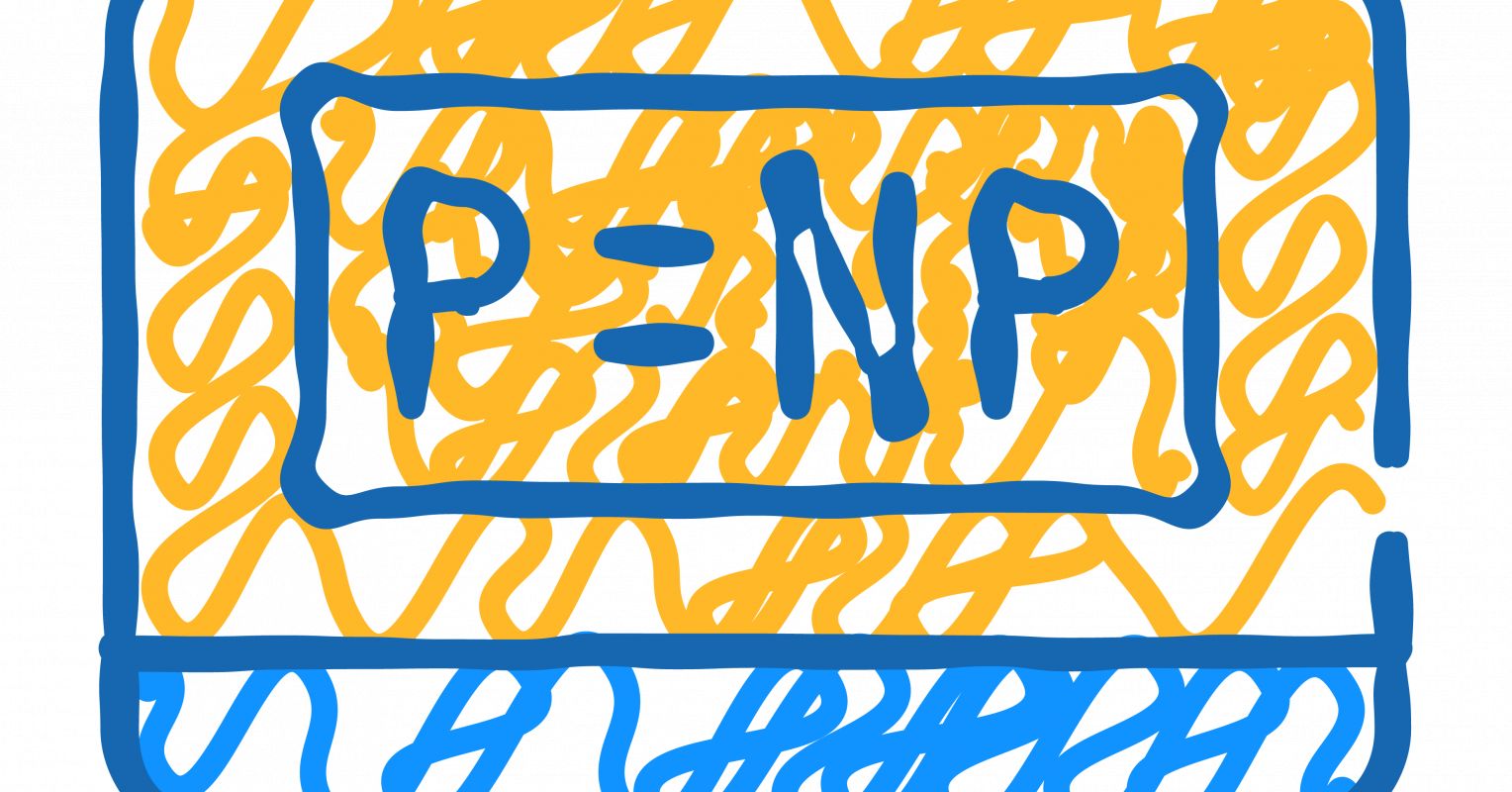
"That's the direction a small but growing strand of work is taking. Logan Nye, writing in the Journal of Modern Physics [1], argues that the definition of 'efficient computation' may be observer-centric in the hard-physics sense of relativity. His central point is simple but profound: How long a computation takes depends on how an observer experiences time, and in our universe, time does not pass the same way everywhere."
"In relativity, each observer has their own proper time, so the very same finite computation can look very different to observers in different gravitational fields. Near intense gravity (say, close to a black hole), the slowing of local time could make extremely long computations feel feasible for the local observer while remaining utterly impractical for someone far away."
P vs NP distinguishes problems solvable efficiently from those with efficiently verifiable solutions. Classical formulations use idealized machines with unbounded time and memory and ignore observer constraints. Proper time varies between frames in relativity, so the perceived duration of a computation depends on an observer's gravitational potential and motion. Near intense gravity, time dilation can make extremely long computations feel feasible to local observers while remaining impractical for distant ones. This observer-centric view does not change formal complexity classes but reframes questions about feasible computation for finite, embodied observers and highlights remaining physical constraints like communication, energy, and causality.
Read at Psychology Today
Unable to calculate read time
Collection
[
|
...
]